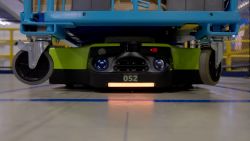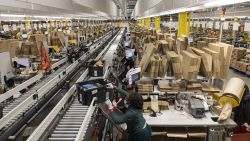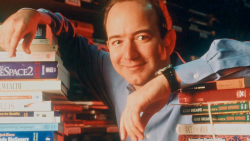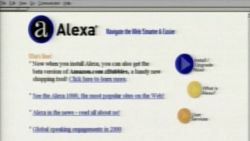When Nick Schwab isn’t at his day job, working as a software engineer at Ford, he’s building voice appsfor Amazon’s Alexa voice assistant.It’s a part-time gig that’s proved quite lucrative.
In 2016, Schwab was the first third-party developer to create an ambient noise app for Alexa to help people sleep, relax or meditate.
Now, the 29-year-old rides around in a Tesla Model 3 and has made a down payment on a house in Michigan, thanks to the extra income earned from Amazon’s rewards program for top developers and money he’s made from his Alexa features.
Schwab is one of the hundreds of thousands of registered developers creating custom voice apps, which Amazon calls skills, for Alexa on smart speakers like the Echo. Amazon opened the platform up to developers in June 2015, but didn’t offer the ability for third parties to monetize skills until May 2018. (Developers decide the list price for their Alexa skills and receive 70% of earnings).
Skills are like voice-based apps for Alexa, allowing you to use your voice to play music, ask questions or get the weather forecast. Initially,Schwab wanted to use his Echo smart speaker to drown out the barking of his neighbor’s noisy dog. Heeventually expanded his tool with new sounds.
About 300,000 people use his free ambient noise skills every day, and nearly 10,000 pay for a subscription version, which ranges between 99 cents and $1.99 a month. It offers four-hour long sound mixes, such as a blend of rain with ocean sounds. He’s also created skills for getting stock prices and finding daily deals online.
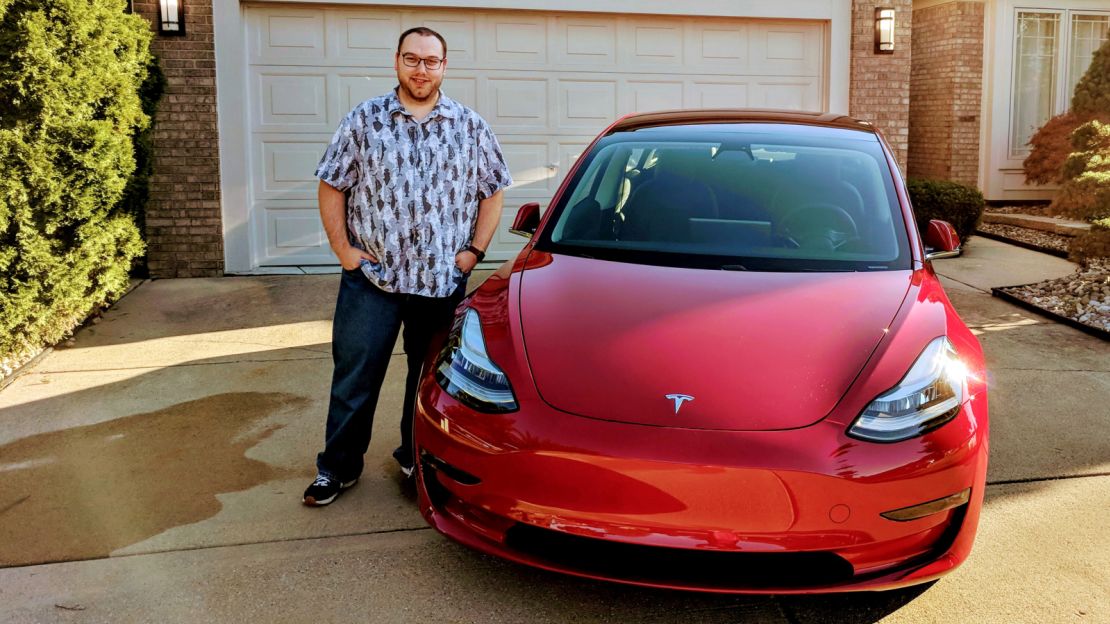
“Being able to buy my home and car, those are dreams come true,” Schwab told CNN Business. “I’m an early adopter, but I don’t think it’s too late for other developers to get involved, too.”
Although Amazon (AMZN) makes some Alexa skills itself, it has shifted the majority of skill-making to third parties — a move similar to how Apple and Google opened up their iOS and Android operating systems to developers.
“It’s all about inviting other people to create on your platform, so you don’t have to personally spend time doing that yourself,” said Jack Vernon, an AI and machine learning analyst at ABI Research. “Other people come in with a different perspective, and they perhaps are better positioned to see monetization opportunities.”
Steve Rabuchin, VP of Amazon Alexa, told CNN Business the company “factored in” developers from the start.
“We knew we needed to support developers and device makers early on to build these experiences for customers,” he said in an email. “So much innovation stems from our developer community, they’re dreaming up and building skills, stories, and experiences we hadn’t even thought of.”
But Amazon isn’t only courting developers.In February, the company announced anyone can use Alexa Skill Blueprints to create and publish a skill to the Alexa Skills Store without any coding experience required. (Blueprints have been available since April 2018).
For example, Alexa users can fill out Amazon Blueprintsonline or on the Alexa appto schedule and track custom chores at home, make a personal checklist, create a workout routine, or make a checklist for a babysitter.
“Amazon is encouraging people to use Alexa in more meaningful ways, so that the technology is more incorporated into their lives,” Vernon said. “Blueprints is a good way to do it.”
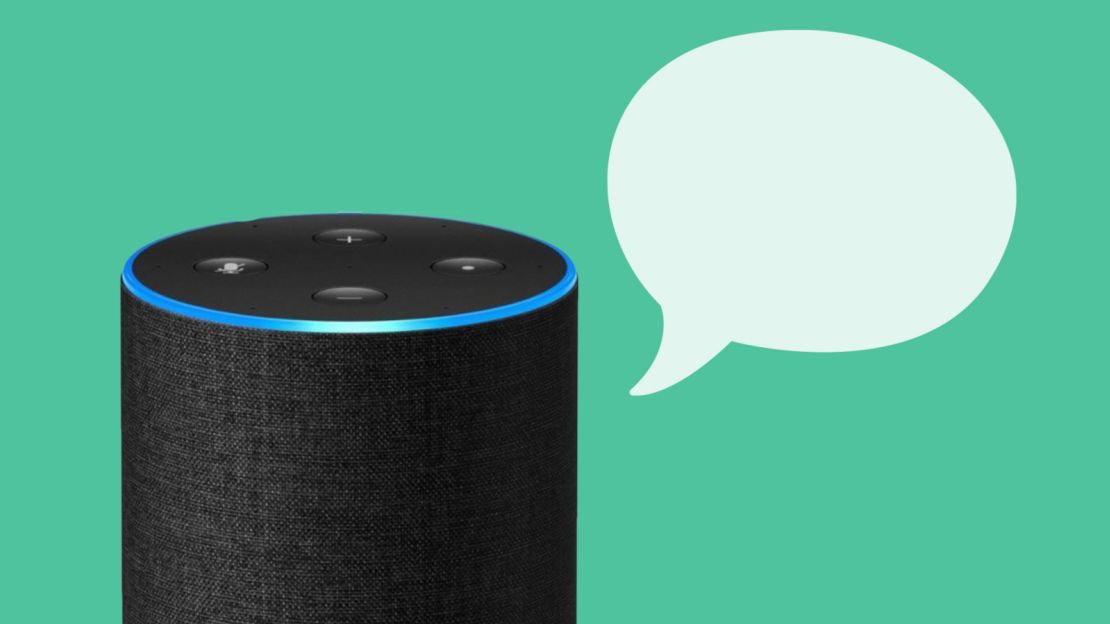
Amazon’s Rabuchin said the company believes the future of AI is in personalization.
“We created Alexa Skill Blueprints to reduce barriers and bring voice development to the masses, and with every new skill created using Blueprints … Alexa is getting smarter, and more relevant and useful for customers.”
A few influencers are experimenting with the platform, too. Koya Webb, a yoga and wellness coach with nearly 1 million followers on Instagram, recently created a skill featuring daily affirmations. Another wellness influencer, Madeleine Shaw, has a guided meditation skill. Both skills are free.
Webb sees it as an effective way to reach a new audience. She’s exploringmonetizing it in the future.
“A lot of people have Alexa,” she told CNN Business. “I consider it mindful technology. [My skill] can take the guesswork out of looking up daily affirmations or quotes. We all know we need to practice positive thinking.”
Celebrities are also dabbling in the space. Star chef Gordon Ramsay has a skill in which users can tell him what dish they made and he’ll spit out a critique for fun.
While there are over 90,000 skillsavailable on Alexa, from news briefings to quiz games and shopping, discovering what’s available on the platform can be a challenge – and many users stick to the basics. This is particularly true for smart speakers without screens.
Amazon has tried to help by having Alexa recommend similar skills or giving recommendations in the accompanying app. Schwab, the developer, said he helps people find his skills by making sure he has relevant keywords in place on the back end so users searching for sleep or relaxation can better find his skill.
But Alexa skills are still very much in the early stages, and developers are in a good spot to cash in.
“Being an Alexa developer has definitely changed my life,” Schwab said. “If you’d asked me two years ago if I’d be at this point today, I probably would have laughed.”



